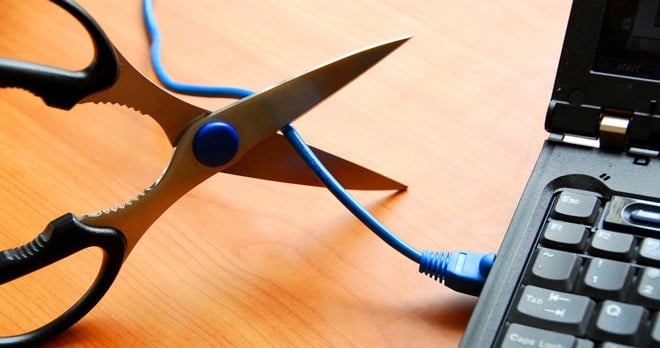

Internet censorship is a major issue not just in Pakistan but also in many other countries of the world where the right to access information is not fully acknowledged. In general terms, Internet censorship is the control or suppression of what can be accessed, published, or viewed on the Internet by governments or by private organisations, regulators, etc.
Concerns about internet censorship are expressed in Pakistan and elsewhere at a time when access to the Internet is increasing rapidly. In an article titled, "The Future of Internet Freedom" by Eric E. Schmidt and Jared Cohen in The New York Times (March 11, 2014), the authors say, "Over the next decade, approximately five billion people will become connected to the Internet. The biggest increases will be in societies that, according to the human rights group, Freedom House, are severely censored: places where clicking on an objectionable article can get your entire extended family thrown in prison, or worse."
They have not lost hope though, "Given the energies and opportunities out there, it’s possible to end repressive Internet censorship within a decade…. we don’t see any other option." Their words carry weight as one of the writers, Eric, is the Executive Chairman of Google, and Jared is the Director of Google Ideas.
In Pakistan, Internet filtering is regulated by Pakistan Telecommunications Authority (PTA) and Federal Investigation Agency (FIA) under the direction of the government, the Supreme Court of Pakistan, and the Ministry of Information Technology (MoIT).
While many democratic countries have moderate Internet censorship, others go as far as limiting access to information, such as news and discussions. Still, others may apply selective Internet censorship, as is the case in Pakistan where it is controlled by the government.
In 2005, for instance, when Jyllands-Posten, a Danish Newspaper, published blasphemous cartoons of the Prophet Mohammad (PBUH) protests erupted across the Muslim world. In March 2006, the Supreme Court directed the government to keep tabs on Internet sites displaying the content and called for an explanation from authorities about why these sites had not been blocked earlier.
Also, YouTube was blocked by the PTA in February 2012 because of a controversial amateur film available on the site. Interestingly, even after a US appeals court ordered Google to remove the film in response to a lawsuit, the ban on YouTube remains in Pakistan.
The country made headlines in 2010 for blocking Facebook and other websites in response to a contest to draw images of the Prophet Mohammad (PBUH).
Pakistan has also blocked access to websites which were critical of the government or the military, and those of minority groups for example the Ahmadiyya community that detail persecution of the community members in the country. At the end of 2011, the PTA banned more than 1,000 porn websites in Pakistan.
The OpenNet Initiative, a collaborative partnership of three institutions, listed Internet filtering in Pakistan as substantial in the conflict/security area, and as selective in the political, social, and Internet tools areas in August 2012. And Freedom House rated Pakistan’s "Freedom on the Net Status" as "Not Free" in its Freedom on the Net 2013 report.
Thus, Internet censorship in Pakistan remains both inconsistent and intermittent, with filtering mainly targeted at content seen to be a threat to national security and at religious content considered blasphemous.